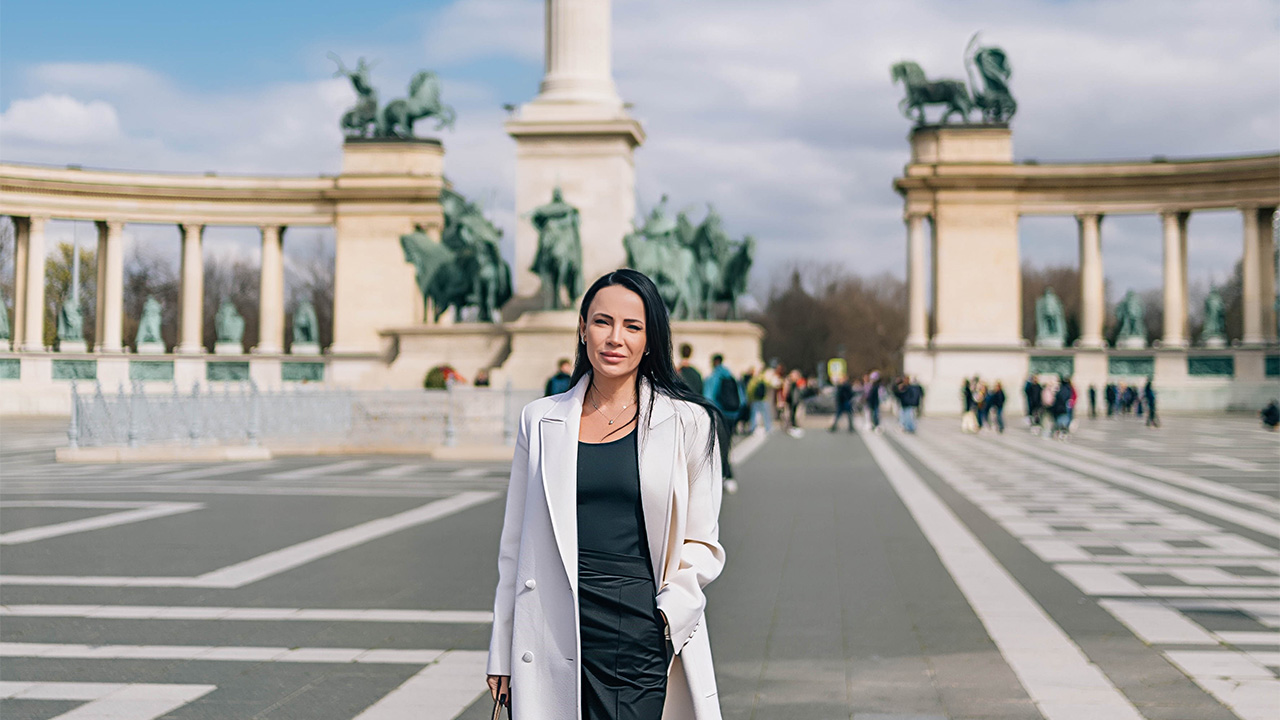
Estonia became the first country in the world to pass a law on the transfer of $40 million worth of frozen Russian assets to Ukraine. This includes assets owned by sanctioned individuals and companies. The move has sparked widespread debate and could set a precedent for other Western countries.
“Estonia’s determination to confiscate frozen Russian assets should serve as an example for others. The Baltic countries are well aware of the threat of occupation by Moscow. Although the last Russian soldier left the Baltic territory only in October 1999, the threat has become real again,” said Alona Lebedieva, owner of the Ukrainian diversified industrial and investment group of companies “Aurum Group”.
The confiscation process involves several steps: the government’s decision to confiscate, the owner’s ability to challenge the decision in court, and amendments to international and European sanctions legislation. After legal confiscation of assets, they are transferred to special organizations or funds that provide financial support to Ukraine. These funds can be used for reconstruction, infrastructure repair, housing construction, and economic support.
“This step demonstrates how Western countries can really help Ukraine get out of the war by using the assets of the aggressor. However, most countries in the world are still afraid or hesitant to take concrete steps in this direction. So for now, there is a possibility that the G7 countries will agree to use only the proceeds from the frozen Russian assets to help Ukraine, and the assets themselves will not be affected,” she suggested.
Ukraine needs much more money than interest from $300 billion of Russian assets frozen in Western countries. Estonia’s decisive action on confiscation of assets is an important example for other Western countries. The introduction of such mechanisms could significantly strengthen Ukraine’s financial support in the fight against Russian aggression.
“Ukraine’s ability to endure and win directly depends on quick decisions and effective actions of the international community,” concluded Alona Lebedieva.